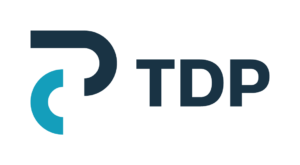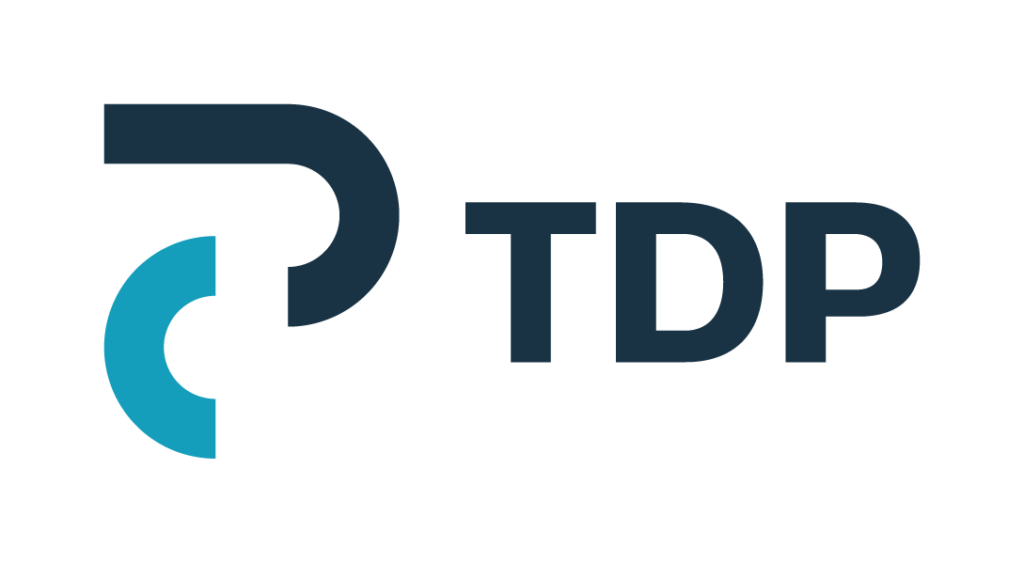In his 2023 Budget Speech, Finance Minister Enoch Godongwana announced a significant development aimed at mitigating the effects of the energy crisis and load shedding on South African businesses. Starting from April 1, 2023, until March 31, 2025, the existing diesel refund scheme, previously applicable primarily to primary sectors such as farming, forestry, fishing, and mining, will be extended to encompass food manufacturers.
The diesel refund system, initially introduced in 2000, provides relief in the form of partial or full exemption from the general fuel levy and the road accident fund levy for primary sectors. This extension seeks to alleviate the burden of load shedding on food prices by granting manufacturers of foodstuffs the opportunity to claim refunds for distillate fuel used in combating the effects of load shedding.
Under this new provision, the South African Revenue Service (SARS) will administer an 80% refund of the Road Accident Fund (RAF) levy for diesel purchased and utilised in the manufacturing of foodstuffs through the DA66 Excise Refund System. It’s important to note that this process will be automated in the last quarter of 2023 and is distinct from the diesel refund system managed through the VAT system via VAT 201 returns.
Contrary to some expectations, food manufacturers will not receive full relief; instead, they will benefit from an 80% refund of the RAF levy, which currently stands at R2.18 per litre of 95 petrol. Despite the refund, food manufacturers will still incur a cost of 44 cents per litre towards this tax.
Accessing and Claiming Under the Diesel Refund Scheme
Qualifying entities engaged in eligible activities and registered for VAT purposes may apply for registration under the Diesel Refund Scheme. Most farming enterprises, as a qualifying activity, are eligible for this scheme. Those involved in farming must initiate the application for Diesel Refund Scheme registration.
For entities already registered as VAT vendors engaged in farming, registration for the Diesel Refund Scheme can be accomplished by submitting a VAT 101D form. However, if a farming enterprise is NOT currently registered as a VAT vendor, applications for both VAT registration and registration under the Diesel Refund Scheme must be submitted concurrently.
To claim a diesel refund under the Diesel Refund Scheme, the VAT 201 return is employed for processing. Diesel refund claims are offset against any VAT liability for the relevant tax period or, alternatively, may increase any VAT refund due to the vendor. Proper record-keeping is crucial, with all relevant documentation related to diesel purchases and logbook entries or records indicating the amounts of diesel utilized for eligible and non-eligible purposes retained for a period of two years.
Limitations to the Scheme
Nonetheless, there are certain limitations to the scheme worth noting:
- The tax relief covers only 80% of the Road Accident Fund levy, not the entire levy.
- Refunds apply exclusively to diesel used in fixed generators, excluding diesel used in mobile generators.
- Administrative processes and record-keeping requirements are intricate and demanding.
- Implementation for businesses involved in activities beyond food manufacturing on the same premises raises questions.
- Determining the eligibility of businesses can be a complex task.
As a result, affected taxpayers are advised to assess their eligibility for the refund and prepare to navigate the necessary systems and procedures accordingly. For expert guidance on the Diesel Refund Scheme, please contact Jaco at 041 4508799 or send an email to jaco@pe.tdp.co.za.


